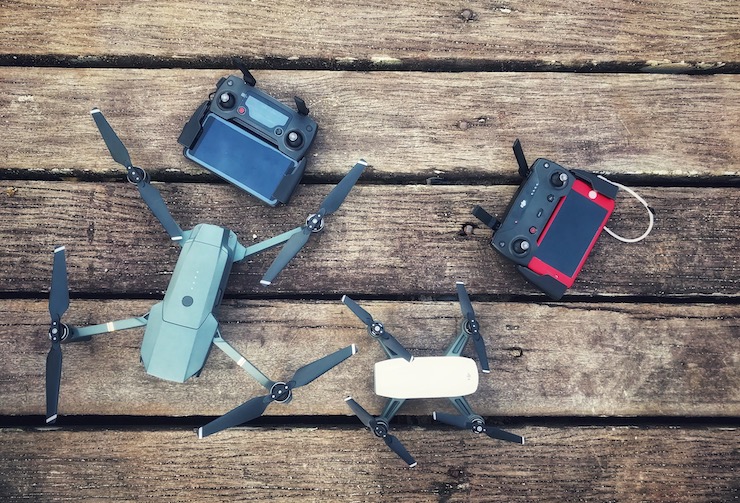Next Generation Lithium-Sulfur Batteries Could Improve Drone Performance

One of the big challenges drone users face is how to keep their battery powered up during an extended flight. While drone batteries are large and relatively heavy, they do not actually store large amounts of electricity. It’s often frustrating to drone users to have to abort or cut short a flight because their vehicle’s battery is emitting a low power warning. What can be done? In the short term, you can take advantage of a few tried and true techniques to keep your drone battery charged. They include:
- Make sure your battery is fully-charged before you plan to fly your drone. Idle batteries naturally lose their charge; charge your battery in the morning a few hours before using it, not the night before.
- Also, charge your battery outdoors, if you can. Batteries can leak toxic gas and occasionally explode. This is most likely to occur during charging.
- Don’t let your battery run down below 15%. Extremes in your battery charge weaken your battery and can undermine its performance.
- Be aware of weather conditions. Windy and foul weather invariably forces your drone to work harder, adding strain on its battery
- Drones with advanced applications, including sophisticated camera or imaging technology, will add to your battery’s burden. Use a battery with a higher mAH to increase the potential flight time.
Many of the drone batteries currently in use are lithium-ion batteries. However, a new generation of lighter-weight lithium-sulfur batteries are beginning to compete with them. In tests conducted in electric vehicles, lithium-sulfur batteries demonstrated twice the storage capacity of lithium-ion batteries. The lithium-sulfur batteries developed by Oxis Energy, a start-up company based in Abingdon, U.K., are not that much larger than a cell phone. When these lighter more efficient batteries become more widely available, they are likely to afford drone users much greater enjoyment of their aerial vehicles.
Some drone battery analysts say it’s too early to endorse lithium-sulfur as lithium-ion’s heir apparent. Reducing a battery’s size combined with increasing its storage capacity can create new and unforeseen problems, for example, by making the battery more vulnerable to safety issues. They suggest more testing of lithium-sulfur batteries with different specs before consumers rush out to purchase them.
Still, a number of highly-publicized field tests have already demonstrated how lithium-sulfur might expand a drone’s capabilities. In South Korea in 2020, an unmanned aerial vehicle powered by lithium-sulfur batteries completed a test flight into the stratosphere, setting a national altitude record. The drone’s wings included solar panels that automatically recharged the lithium-sulfur battery. As a result, the drone was able to last an astonishing 13 hours in continuous flight.
Lithium-sulfur batteries could offer other competitive advantages. They use sulfur, which is plentiful and widely available – and relatively inexpensive. Sulfur is also more environmentally friendly than the rare earth metals like cobalt or nickel found in lithium-ion batteries. The upshot? Drones, equipped with next-generation batteries, could soon become more efficient and long-lasting and also more sustainable.
|